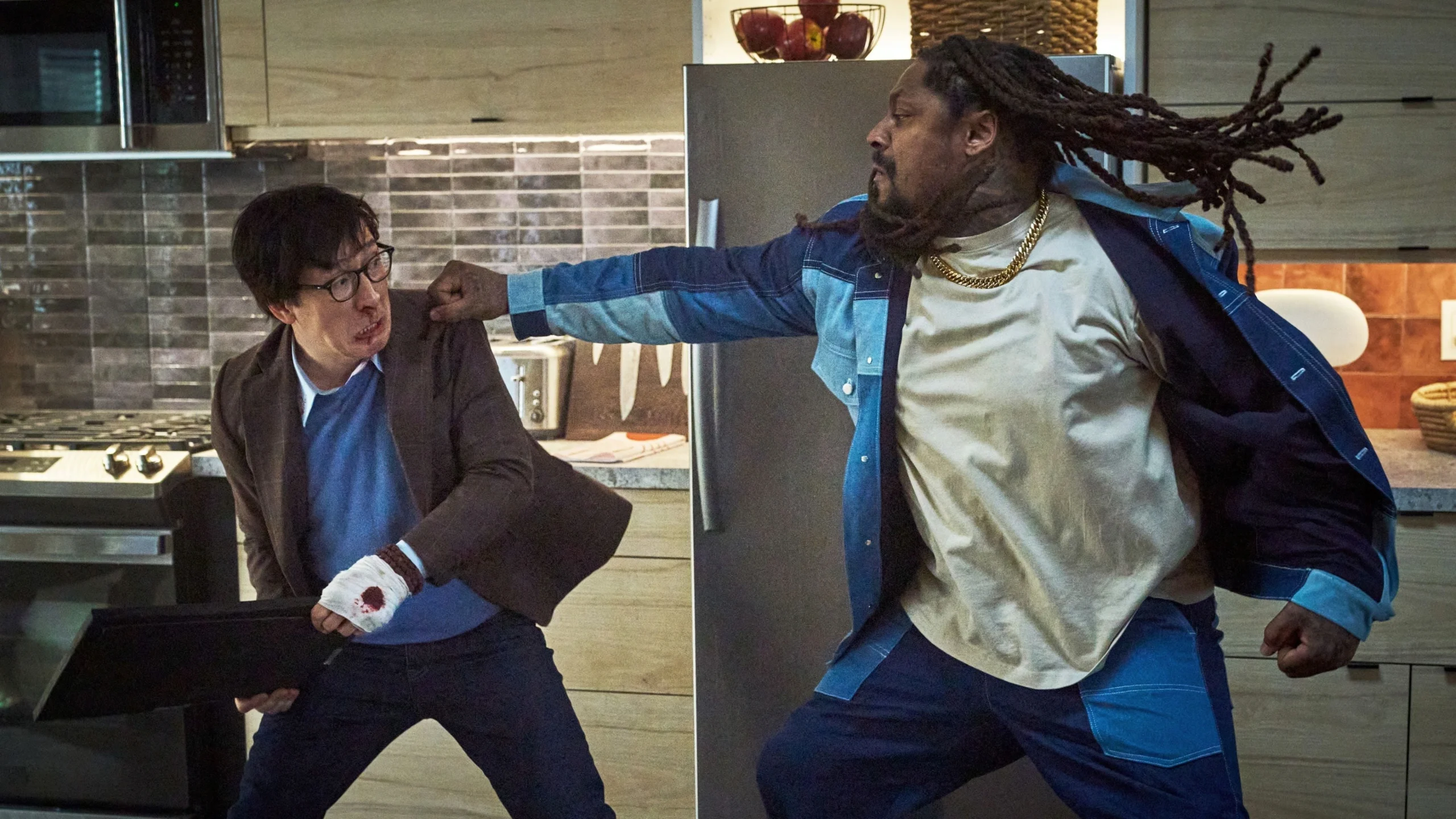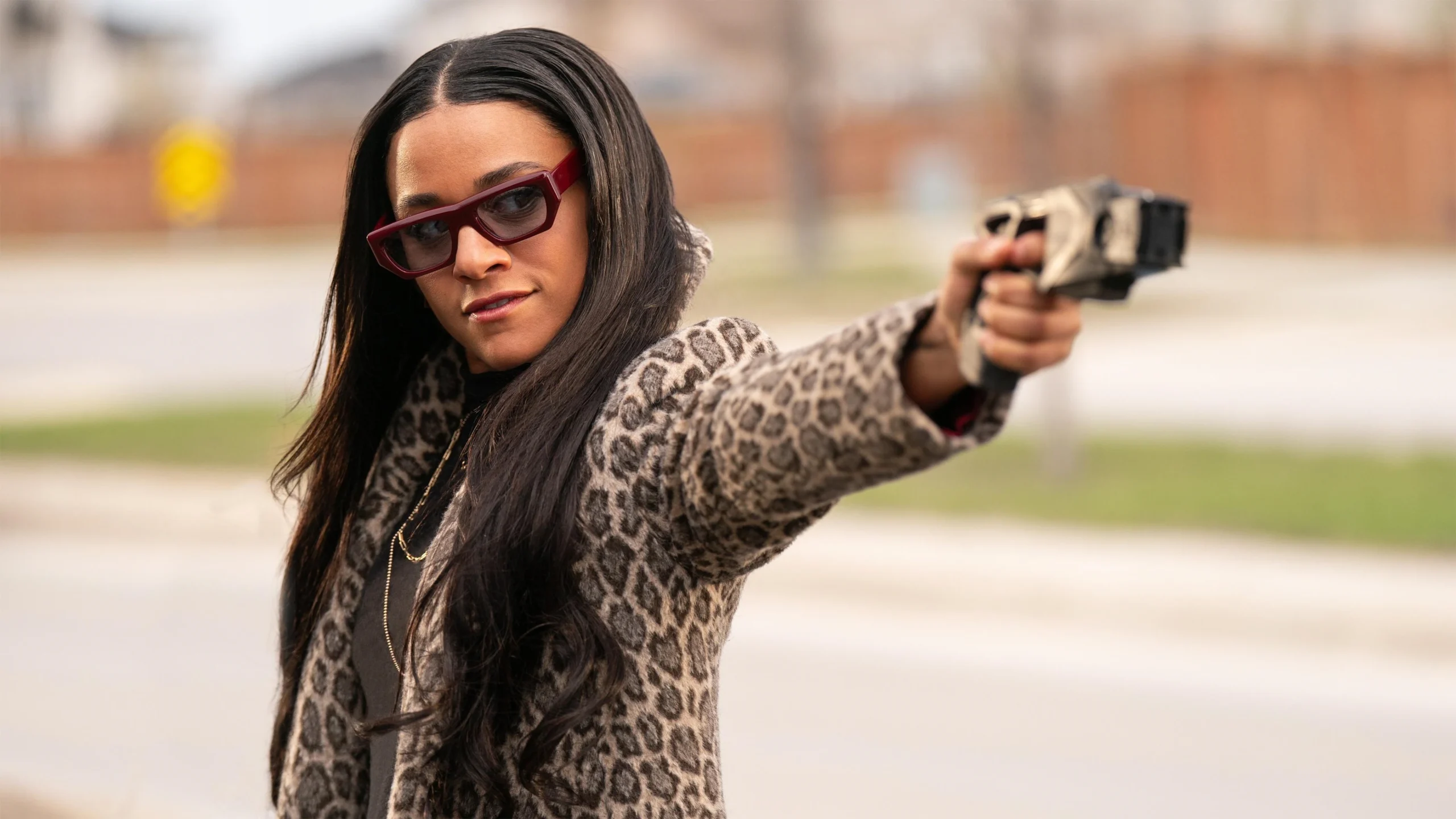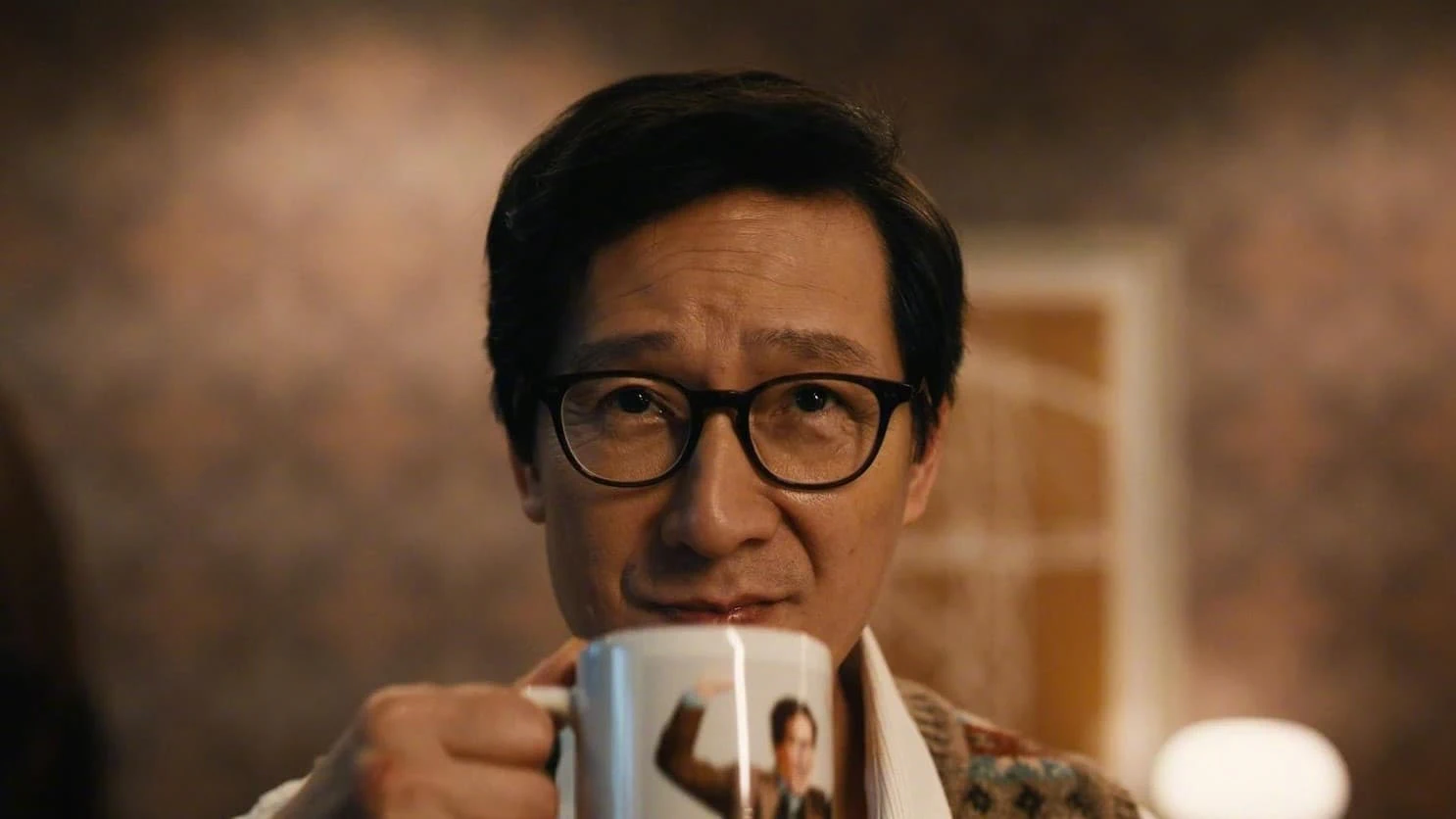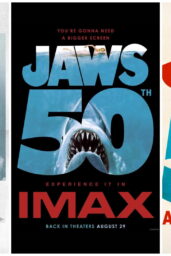There's a special kind of heartbreak when a beloved actor's comeback vehicle sputters before it even leaves the garage. Ke Huy Quan, the Everything Everywhere All At Once Oscar winner who melted our hearts as the earnest Waymond Wang, now stars in Love Hurts, a film critics are calling “a tonal car crash” (Variety) and “the cinematic equivalent of a deflated football” (The Wrap). With a 20% Rotten Tomatoes score and a $9M opening projection, this Milwaukee-set action-comedy is less a victory lap and more a fender bender.
Love Hurts follows Marvin Gable (Quan), a suburban Milwaukee realtor dragged back into his criminal past by Rose (Ariana DeBose), a former partner he'd presumed dead. Think Mr. & Mrs. Smith meets Fargo, but with less chemistry and more cringe. Critics have eviscerated its “soulless slapstick” (IndieWire) and “plot holes wider than Lambeau Field” (AV Club), while Metacritic's 36 score places it firmly in Razzie contention.
Quan, whose recent roles have leaned into his inherent warmth, here strains against a script that demands he oscillate between frantic pratfalls and brooding monologues. DeBose, an Oscar winner for West Side Story, fares worse; her Rose is less femme fatale than a PowerPoint slide of action-movie clichés. The film's Milwaukee setting—a city better known for cheese curds than crime capers—adds little beyond snowbound chase scenes that feel like outtakes from Die Hard 2.
Timing hasn't helped. Opening against the Super Bowl, Love Hurts is the cinematic equivalent of scheduling a ballet recital during halftime. Projected to earn just 9M,it'sagrimstartforafilmthatcost9M,it'sagrimstartforafilmthatcost40M—before marketing.
Conclusion
Love Hurts isn't just a bad movie; it's a cautionary tale about squandering talent. Quan and DeBose deserve material that ignites their spark, not drowns it in lukewarm schlock. As the credits roll, you're left wondering: In an era where audiences crave originality, why do studios keep betting on reheated leftovers?
Personal Impressions
There's a scene where Quan's Marvin tries to sell a house while dodging bullets—a metaphor for the film's identity crisis. Is it a satire of suburban banality? A slapstick romp? A gritty thriller? It fails at all three. Quan's charm flickers occasionally, like a flashlight in a power outage, but the script offers him no anchor. DeBose, meanwhile, is handed a role so thinly written, you half-expect her to check her watch mid-monologue. The real tragedy? This film will be remembered not for its story, but as a footnote in Quan's otherwise inspiring career revival.
Can a single misstep derail an actor's comeback—or should we blame the script, not the star?
















